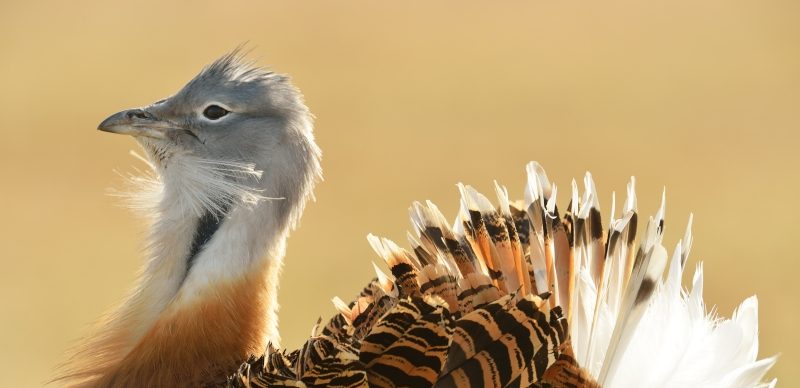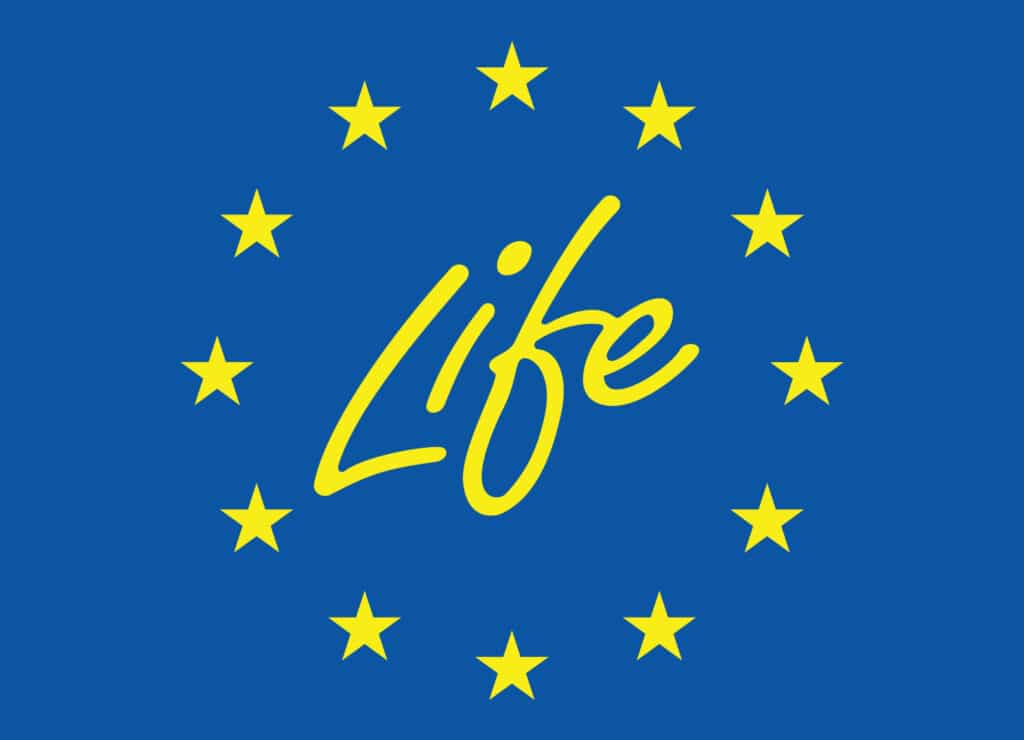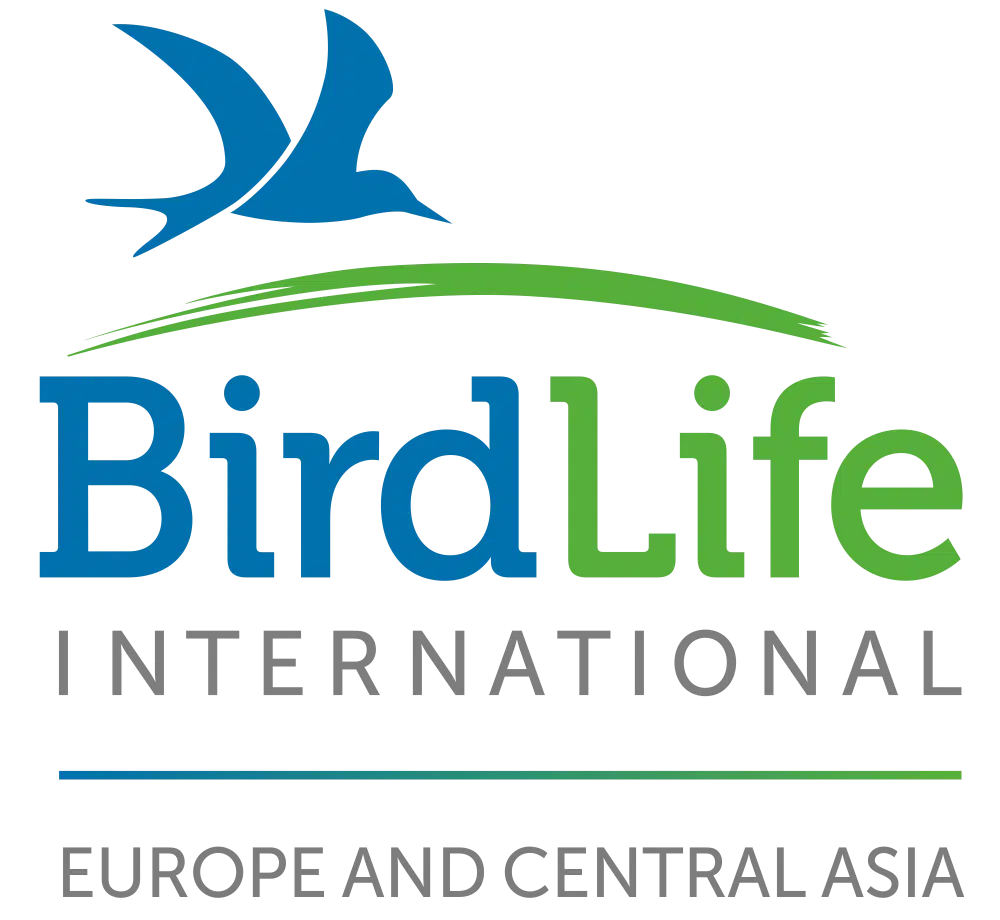Georgian NGOs on strike with the Government

The streets of Georgia have been filled with protests for the last weeks to prevent what has now become a prospective reality: the approval of a repressive law labelling NGOs as “foreign agents.”
This Tuesday, May 14th, despite massive popular opposition, the Georgian government succeeded in passing the “Law on Transparency for Foreign Influence” through Parliament. Behind that benign title lies a direct assault on civil society and the democratic foundations of the country.
What Europe largely overlooked until the dramatic clash this Tuesday, is that this incident is the peak of an outcry that has been ongoing in the country for more than a month. Civil society and NGOs have been on the streets day by day to protest against the bill. Many of them, including our Partner SABUKO, fear that the new law will make it impossible for them to receive foreign funding and keep conducting their work in freedom. They also view the law as an attempt to alienate the public from civil society by wrongly associating them with hostile foreign interference.
In Georgia, as in most countries, civil societies and NGOs heavily rely on funding that comes from outside the country. For them, this funding is their major source of survival, ensuring they can work on protecting and restoring nature.
The new law forces NGOs and independent media that receive more than 20% of their funding from foreign donors, to register as organisations “bearing the interests of a foreign power”, which is a misleading and defamatory definition. They would also be closely monitored by the Ministry of Justice and be forced to share sensitive information or face a hefty fine otherwise.
The law is not only creating an extremely difficult environment for NGOs but could also jeopardize the candidature of Georgia to join the European Union in the near future.
Our Georgian Partner SABUKO states that the law “contravenes the Constitution of Georgia and excludes Georgia’s integration into Euro-Atlantic structures.” As a result of the current developments, SABUKO has joined other NGOs and independent media outlets and stopped collaborating in meetings and task forces with the Georgian government until the law has been rejected.
The current strike does not mean that nature restoration and work on biodiversity and research will be on hold. But the strike sends a clear message to the Government to reject the bill and give environmental NGOs full liberty, instead of undercutting their legal right to regulate a “wide circle of issues by their own charters.”[1]
[1] Under the Georgian Civil Code
Cover photo: Yves Adams, Vilda

8 March protest in Tbilisi, during the first reading of the bill back in March 2023.
Photo: DerFuchs, CC BY-SA 4.0, via Wikimedia Commons
 | Stichting BirdLife Europe gratefully acknowledges financial support from the European Commission. All content and opinions expressed on these pages are solely those of Stichting BirdLife Europe. The European Commission is not responsible for any use that may be made of the information it contains. |






